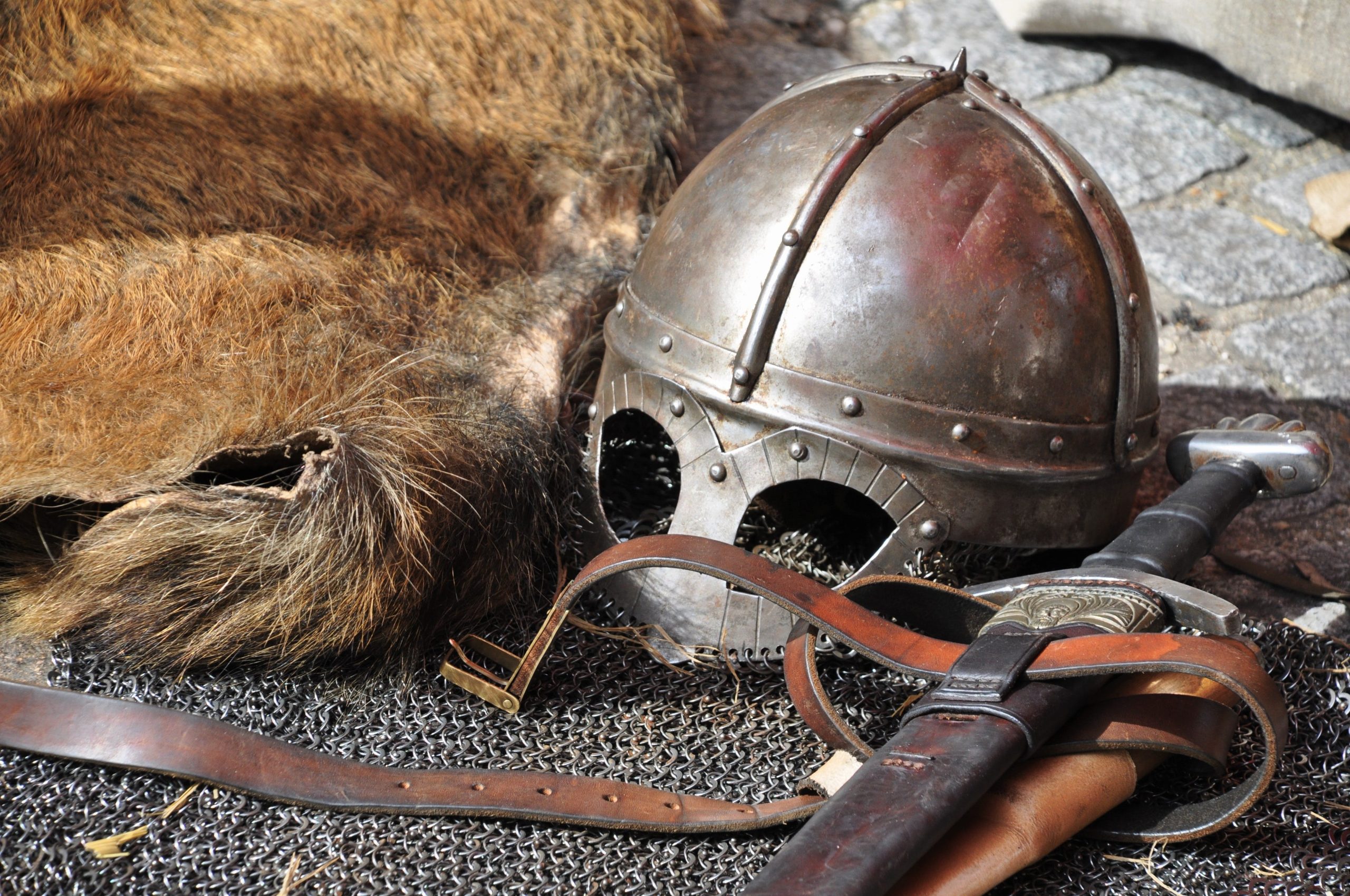

Medieval lyric and ballad are literary forms that flourished during the Middle Ages, roughly spanning from the 5th to the 15th century. These poetic traditions are rich with cultural, social, and historical significance, offering insights into the lives, beliefs, and artistic expressions of people in medieval Europe.
Lyric poetry is a genre characterized by the expression of personal emotions, feelings, or reflections of the poet. In the medieval context, lyric poetry often took the form of songs accompanied by music, and it was a prominent feature of courtly culture.
Medieval lyric poetry commonly explored themes of courtly love, chivalry, nature, and religious devotion. Courtly love, a central theme, depicted the idealized and often unattainable love between a knight and a noble lady. The poems were composed in various languages, including troubadour poetry in Occitan, trouvère poetry in Old French, and minnesang in German.
Lyric poetry took various forms, such as the sonnet, ballad, rondeau, and virelai. These forms often followed specific rhyme schemes and structures, showcasing the poet’s skill in manipulating language and form.
Notable poets of medieval lyric poetry include Geoffrey Chaucer, the author of “The Canterbury Tales,” and troubadours like Arnaut Daniel and William IX, Duke of Aquitaine.
Ballads are narrative songs that tell a story, often focusing on themes of love, tragedy, adventure, or the supernatural. They were transmitted orally and were characterized by their simple, repetitive structures, making them accessible to a wide audience.
Medieval ballads covered a range of subjects, including heroic deeds, mythical tales, and everyday life. They often drew inspiration from folklore and were passed down through generations by oral tradition. The ballad form allowed for creative variations and adaptations as different communities and storytellers added their own touches to the narratives.
Ballads typically had a distinctive ballad stanza, a quatrain with alternating lines of iambic tetrameter and iambic trimeter, creating a rhythmic and memorable structure. The repetition of lines and refrains added to the oral tradition’s ease of memorization and transmission.
One of the most famous medieval ballads is “The Ballad of Robin Hood and the Monk,” which narrates the adventures of the legendary outlaw. Another notable example is “Sir Patrick Spens,” a Scottish ballad recounting a tragic maritime expedition.
Both medieval lyric poetry and ballads were deeply rooted in oral tradition, passed down through generations by word of mouth. This oral transmission contributed to the preservation and dissemination of cultural and historical narratives.
These poetic forms served as important mediums for expressing the cultural and social values of medieval societies. Lyric poetry often reflected the ideals of courtly love and chivalry, while ballads captured the essence of everyday life, folklore, and popular imagination.
The influence of medieval lyric poetry and ballads extends beyond their historical context. Many later poets drew inspiration from these forms, and elements of medieval poetry can be seen in the works of Renaissance and later writers.
In conclusion, medieval lyric poetry and ballads represent vibrant expressions of the cultural and artistic landscape of the Middle Ages. These forms continue to captivate readers and scholars, offering a window into the medieval mindset and contributing to the rich tapestry of literary history.
#Medieval lyric and ballad #Medieval lyric and ballad #Medieval lyric and ballad #Medieval lyric and ballad #Medieval lyric and ballad
Visit Us on our Facebook Page:
Speech on Mercy by Portia: Rhetoric, Religion, and Justice in The Merchant of Venice Speech…
Analysis of I Too and The Weary Blues by Langston Hughes: Colonial Experience Langston Hughes,…
Ben Jonson and Comedy of Humours inVolpone (Satire & Greed) This article explores Ben Jonson…
Themes in Twelfth Night William Shakespeare’s Twelfth Night (c. 1601) is one of his most…
Summary of Twelfth Night William Shakespeare’s Twelfth Night, believed to have been written around 1601,…
Shakespearean Comedy and Its Features William Shakespeare, one of the greatest playwrights in English literature,…
This website uses cookies.